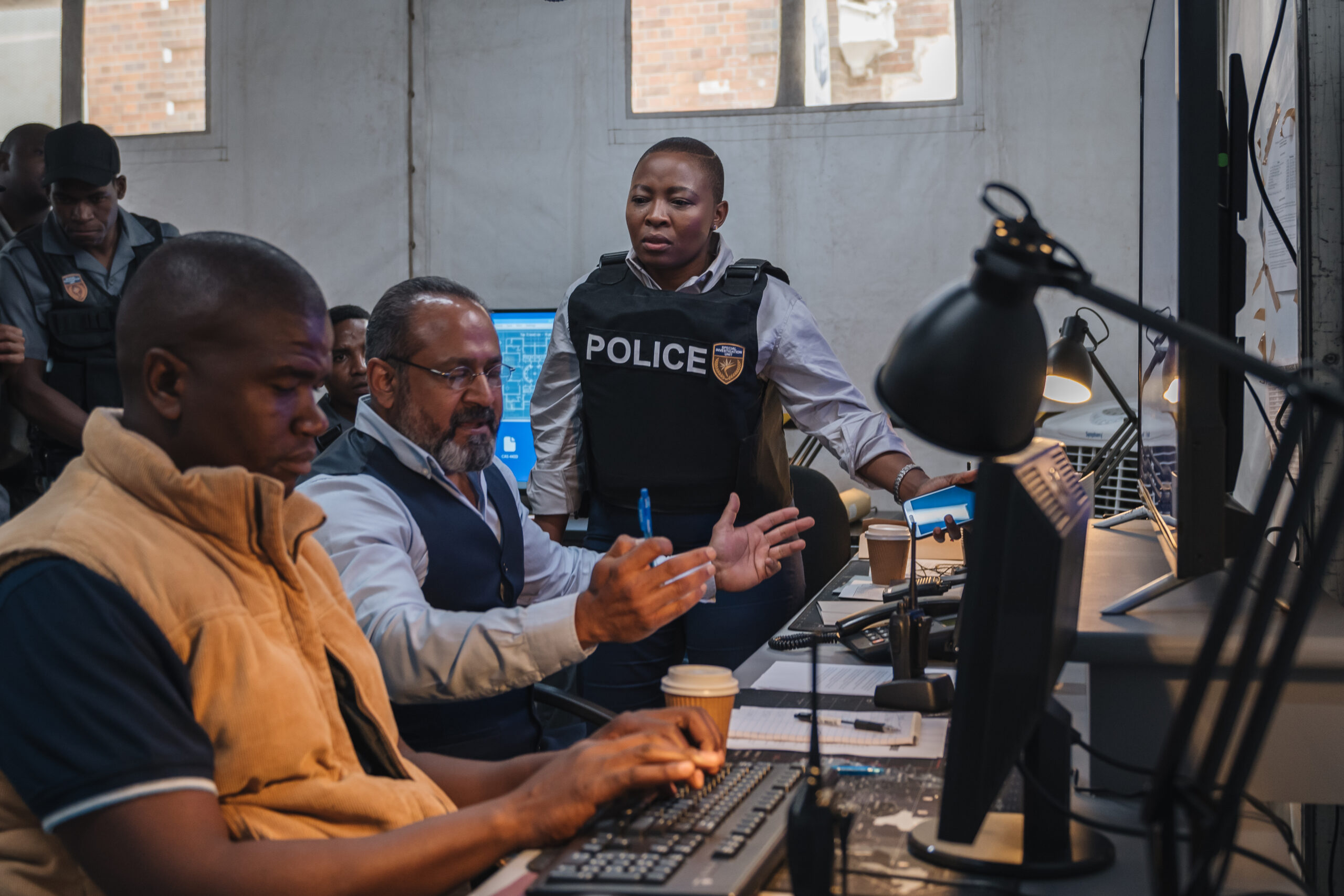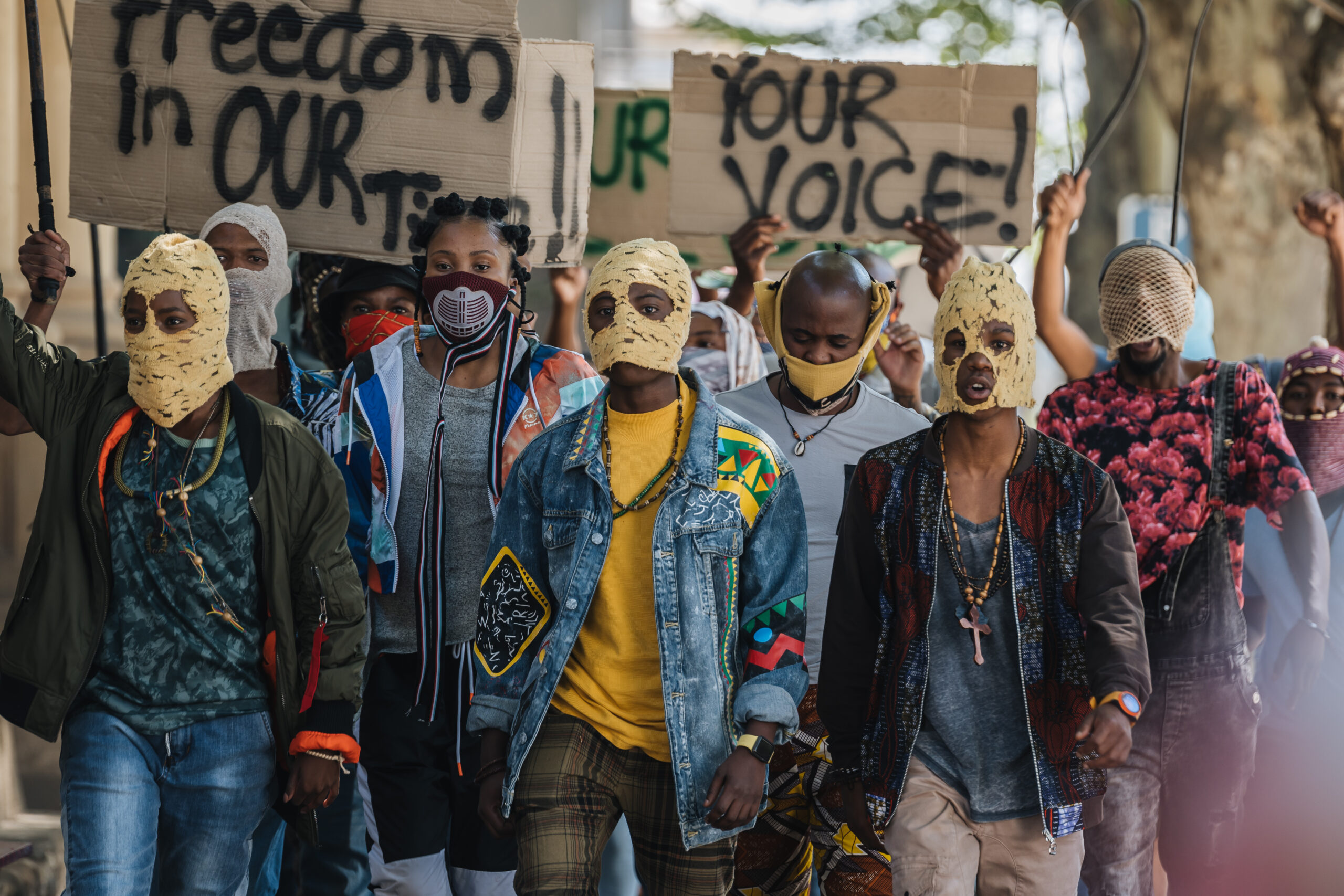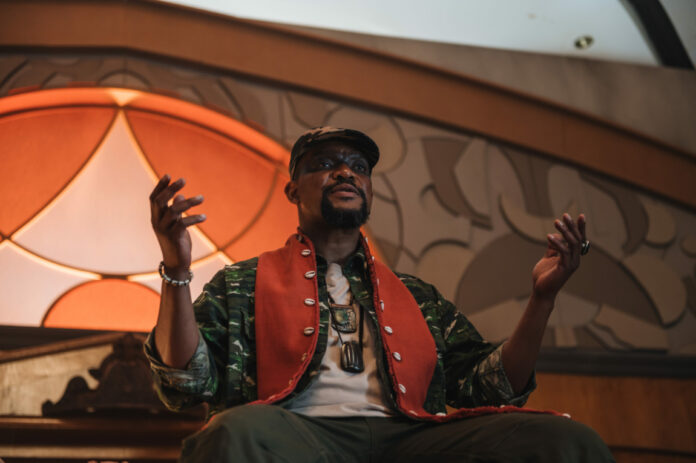Netflix has a new South African series, Justice Served dropping on July 29. If you like action, drama, politics, ambiguous villains AND supporting local shows, this is the show for you.
Welcome to a new series on The Daily Vox: #TDVFridayRecommends. It’s the Friday Recommends series. Every Friday, we are going to be sharing something we would like to recommend or unpack to our readers. This could be a book, movie, restaurant or even an event. This week we are looking at the book, We Were Dreamers.
First of the show is a lot. It will literally have you on the edge of your seat as you wait for the next episode to load. It will have you gasping and your heart beating so fast. There are also moments which will have you shouting at the screen whether it’s a character’s bad decisions or the dangerous situation. All in all – it is a lot!
The show’s premise is that Allan Harvey, a white man shot a black man and was caught on camera. The white man pleads not guilty and says it was in self-defence. Moments before Judge Bengu is due to deliver the judgement, the entire court precinct is taken over by a group called the Numoor. The group led by the charismatic Azania Mqoma (played by Hlomo Dandala) say they will be holding a public trial. They are giving the people of South Africa the choice to vote to keep Harvey alive or to kill him. Mqoma decides to put Harvey back on the stand to question him. Throughout this process, the courthouse events are being relayed to the public by the only media house present, Truth Media.
The tenseness of the situation in the court with the Numoor, the accused, the victims’ family and the hostages is mirrored with the situation outside. There are the police and intelligence services who are supposedly trying to diffuse the situation. Then there are the young (ama2000s) protesters who find resonance in Mqoma’s message without fully understanding the consequences of their actions. Quick side-note though, all of the actors playing the “ama200s” were brilliant especially Itu.
All the while, the political situation hangs over the events. The state security minister is pushing heavily for a state of emergency and the hostage situation seems to be aiding him. Yet there is a constant tension between the minister and Numoor which underlines the series of events.
The story of the series is quite well-done. It’s gripping and action-packed. It is a little triggering at times with the violence in various scenes. It does have similar vibes to Money Heist with the hostage situation and making the hostages wear masks. There is also the live streaming element and how the Numoor always seem to be ten steps ahead of the police.
Mqoma makes for a very difficult character. Learning his back story – how he became a comrade and the loss and trauma he experienced at the hands of the apartheid state – causes a lot of sympathy. On the other hand, watching the show and living in South Africa means being aware of the nuances of the charismatic leaders. There have been many people and self-appointed leaders who hit all the right notes in their speeches and can rally a crowd. Yet often, their rhetorics are sometimes very dangerous especially for marginalised groups. For Mqoma, there is the fact that he uses this “public trial” to settle some old scores.


Dandala plays the role brilliantly though. He manages to switch between the raging executioner to the leader rallying people through his speeches to follow his plan. Another standout character is Lerato Mvelase who plays police officer Mampho Mashaba. She is brilliant as the distraught mother who wants to protect her daughter, the kickass police who want to save the hostages and see justice and the black woman being undermined by the Indian man in charge.
The series ends on a serious WTF moment. It will leave viewers shocked and wondering when the second season is coming out.
Or maybe not.
It’s often remarked that living in South Africa is like living in a movie. And while the series is a good binge-watch, some parts hit too close to home. With the country still reeling from the unrest and the various aftereffects of social disintegration urged on by social media and manipulated news, this series might feel a little too much like life and art imitating each other.
At times, the series also feels like it’s trying to tackle too many issues. There’s race relations, intergenerational struggles and conflicts, corrupt politicians, failures of the justice system, impimpis, class inequalities and more all packed into six episodes.
But as Maqoma remarks in the first episode: “The system hasn’t changed. It just got new management.” This quote encapsulates what the series is trying to achieve perhaps. Whether it does that is left up to interpretation.
But if you’re looking for something local with a punch which will have you gripped AND will raise a lot of questions, this is the show to watch.









